Hogwarts Legacy, the open-wizarding-world game set in the Harry Potter universe, has been mired in controversy long before its release. Even after the game launched, it remains a thoroughly contentious subject, with several gaming outlets refusing to cover it, and others providing extra context to illuminate certain issues surrounding the game that may have escaped the notice of many consumers. Read on for a breakdown of exactly what has been going down in the world of the boy who lived.
J.K. Rowling and transphobic rhetoric

Arguably the biggest elephant in the room is the author behind the Harry Potter series herself, J.K. Rowling. For a blessed while, the worst that Rowling was known for was her rather milquetoast centrist politics, but in 2020 she started to bring up transphobic talking points on Twitter, such as mocking an article that referred to “people who menstruate” and equating the existence and idea of a gender spectrum and non-binary gender as “[erasing] the lived reality of women globally.” These days, Rowling freely identifies with the term “TERF” (trans-exclusionary radical feminist), though she often denies actually being transphobic. Nevertheless, she has frequently found herself in the company of other well-known transphobes like Maya Forstater and Graham Linehan, and often amplifies transphobic organizations like the LGB Alliance while railing against trans-inclusive ones like Mermaids and Stonewall.
But what does this have to do with Hogwarts Legacy? While it has been confirmed that Rowling did not have any direct involvement in the creation of the game, the world of Hogwarts Legacy is nevertheless based entirely on her intellectual property. Even if she were not getting licensing royalties for Legacy — which it is understood that she, in fact, is — Rowling has made it pretty clear that she personally sees the financial and cultural capital she receives from her IP as endorsement of her worldview. As such, many potential buyers of the game are finding it difficult to justify giving money, airtime, and support that will find its way to someone who is actively working to make the world a worse place for trans people.
Goblins and anti-Semitic tropes
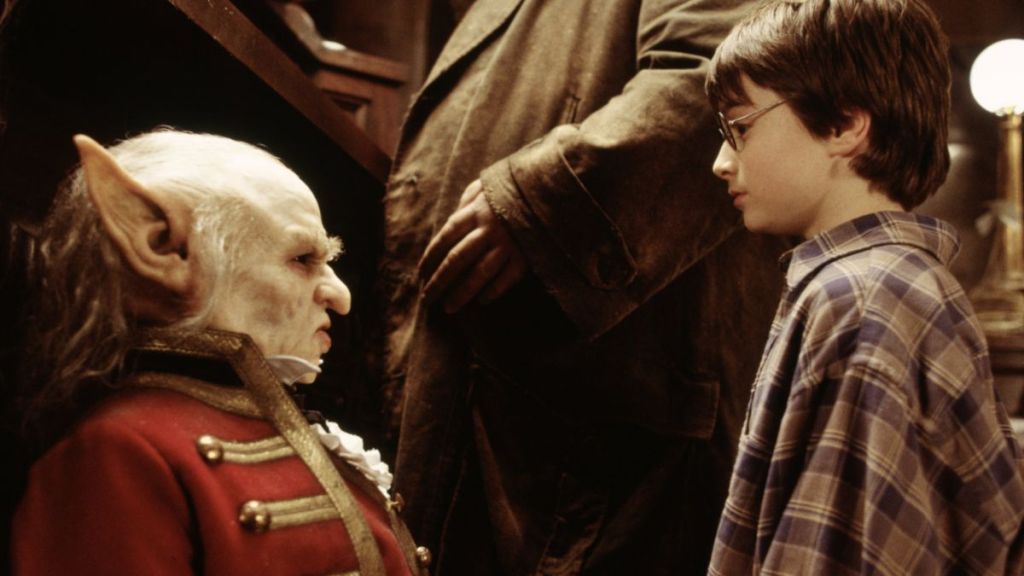
The Harry Potter books have already been a point of discomfort for some in Jewish communities, primarily for the portrayal and description of most goblin characters within. With hooked noses and an obsession with coin which effectively places them as the de facto banking class in the wizarding world, goblins hew uncomfortably close to a lot of anti-Semitic tropes that persist in the real world even to this day. Harry Potter is far from the only fantasy IP to use this problematic shorthand to create an entire race — Tolkien’s dwarves have had similar discussions swirl around them for decades — though Rowling does see fit to also remove a few basic human rights from this magical underclass and throw in a few centuries of oppression and rebellion for good measure.
Hogwarts Legacy, unfortunately, pushes these associations even further. Set during one of the aforementioned goblin rebellions in 1890, Legacy sees players trying to thwart Ranrok, the goblin leader who’s hunting the same forbidden magical artifacts as they are. Rather than taking a more sympathetic tack with the villain, however, the writers portray him as greedy and power-hungry, rather than a leader of an oppressed group trying to make things right for them. In a vacuum, this would not necessarily be a bad thing — there are plenty of unsympathic villains in video games, after all — but coupled with the parallels with Jewish history, links to common to anti-Semitic conspiracies, and the anti-Semitic visual language at play, it hasn’t hit quite right for many players. To make matters worse, players soon made the discovery that one of the goblin artifacts is simply a shofar, a Jewish musical instrument, which itself makes reference to a goblin uprising of 1612 — the same year as the real-life Fettmilch Uprising, which ended in a brutal pogrom against Jewish populations.
Other controversies
Rowling’s transphobic commentary and the possible anti-Semitic tropes are the main points of contention that are being discussed about Hogwarts Legacy, but there are a few other, arguably smaller, issues that have been flagged as well that have fans ill at ease. Back in 2021, designer Troy Leavitt left the project after his YouTube channel, which featured plenty of anti-social justice and pro-GamerGate content, came to light. Though he stated that the choice was his own, many supposed that the reveal of his videos was a catalyst in the decision.
Eyebrows were also raised when it was revealed that players could freely use Unforgivable Curses in the game — namely the Imperius Curse, the Cruciatus Curse, and the Killing Curse, which can mind-control, torture, or murder their targets respectively. The inclusion of the Curses themselves was not necessarily the main concern itself, so much as the fact that the game doesn’t seem to care whether you use them or not.
Finally, presumably in an effort to further itself from Rowling, the game’s developers included the first ever officially trans character in the Harry Potter universe. However, fans were split on the merits of Sirona Ryan, who works at a bar in Hogsmeade.

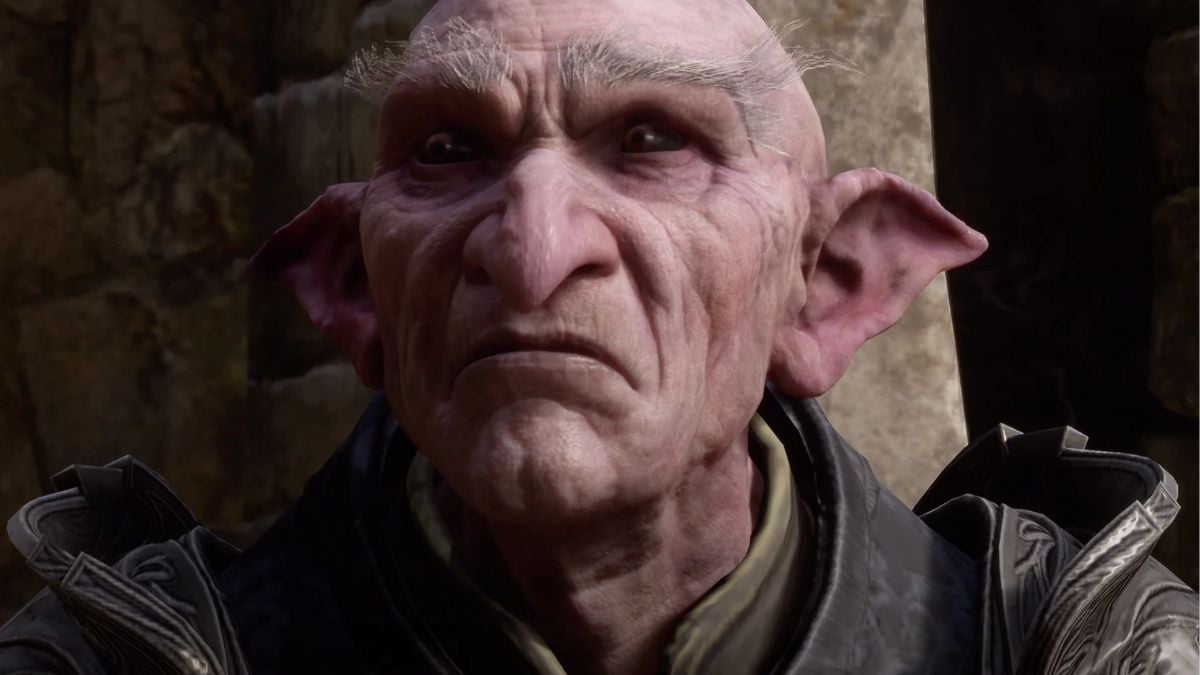

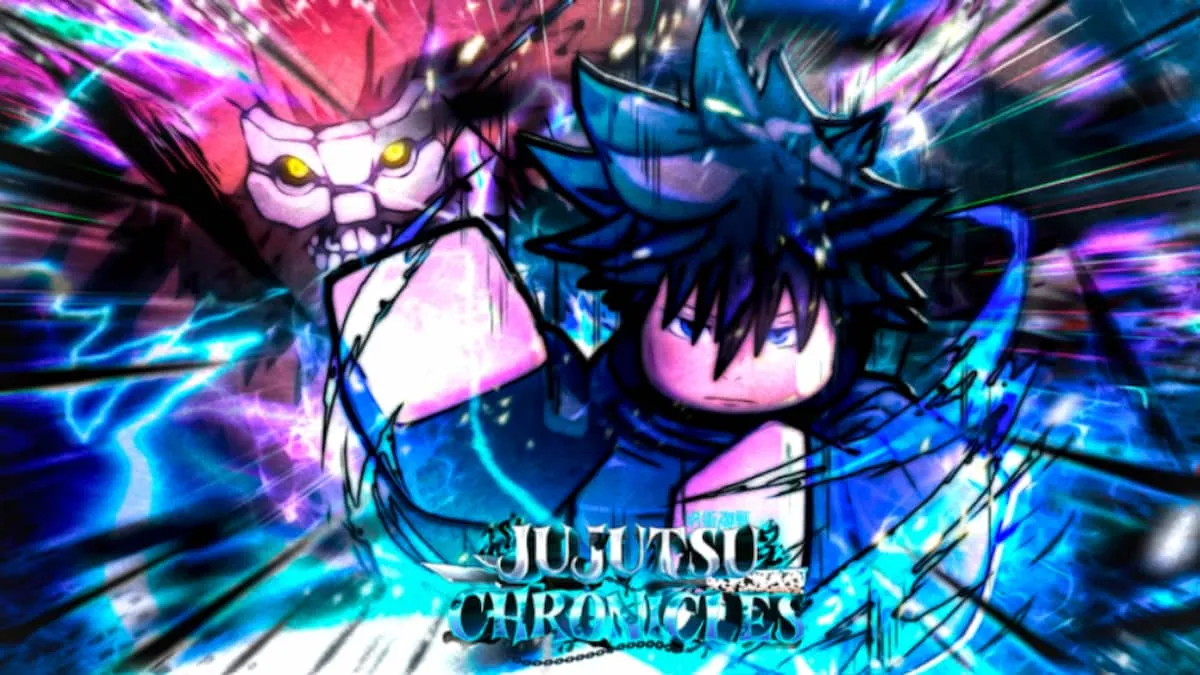
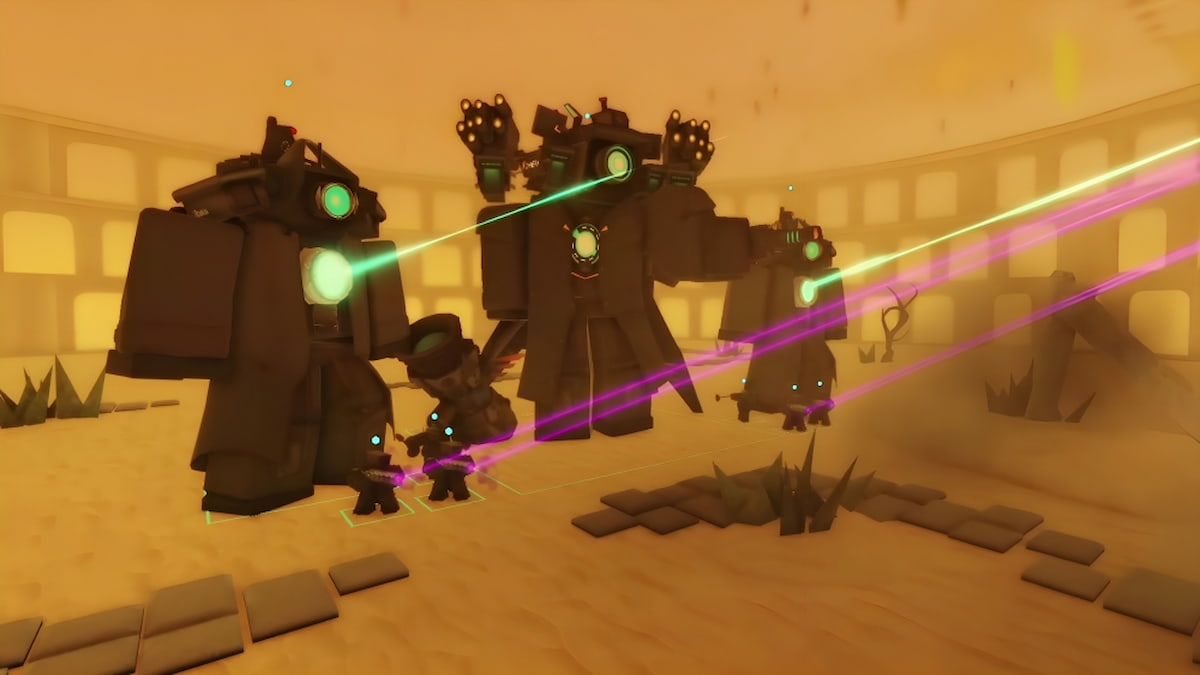
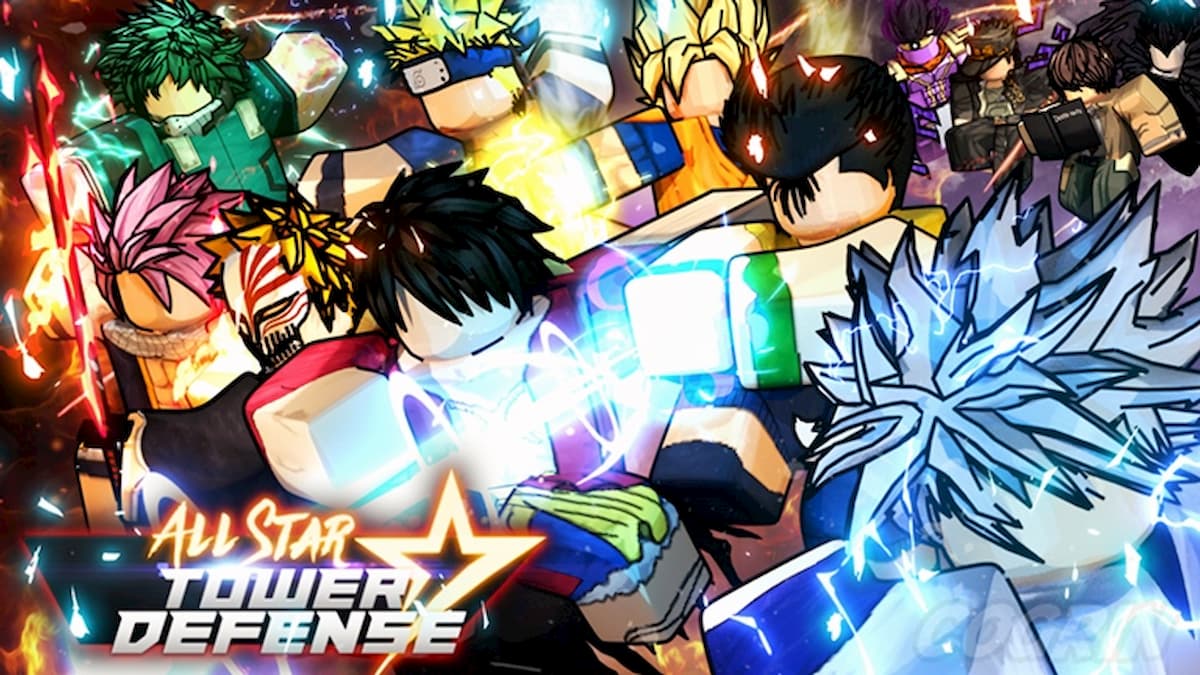

Published: Feb 11, 2023 06:08 am